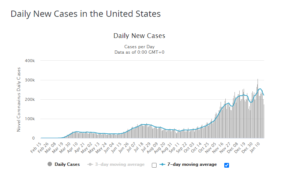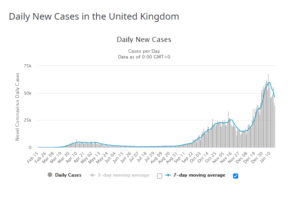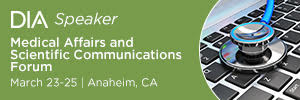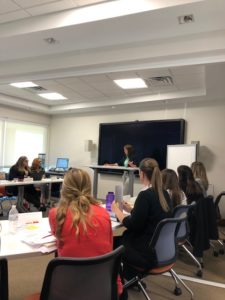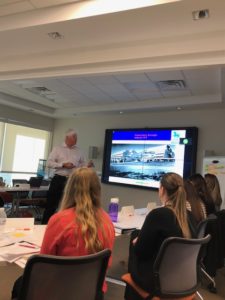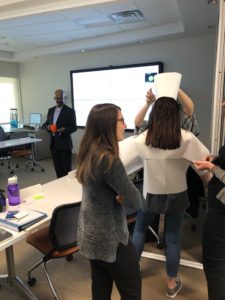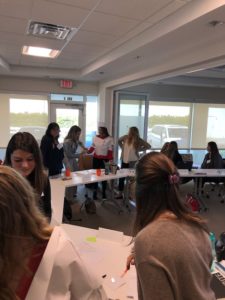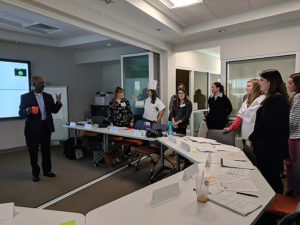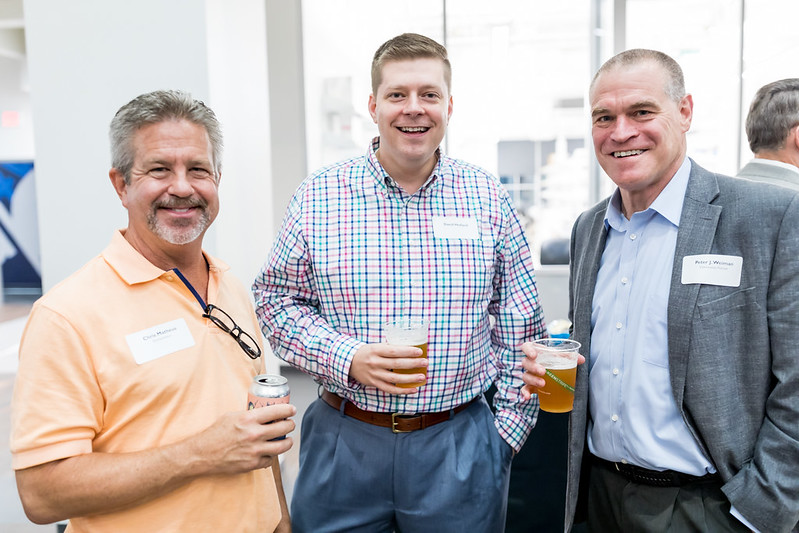Sharing with
you a mentorship program I’ve gotten involved with at the University of North
Carolina Wilmington. FuseCR (Center for Clinical Research Workforce
Development) is a collaborative designed to connect UNCW with the field of
clinical research. FuseCR is providing
local
clinical research talent with powerful career and industry enhancing services. One such program is MentorCR
which pairs undergraduate students majoring in clinical research with
experienced industry professionals in a formal, structured partnership.
My mentee is Keith Reid, https://www.linkedin.com/in/keithtreidjr/ . Keith is a Junior in the Bachelor’s Degree in Clinical Research program. While going to UNCW, Keith works as an Advanced EMT at New Hanover Regional Medical Center. Like many others in the clinical research industry, Keith feels drawn to this as a career having lost both his grandfather and father to heart disease at the age of 50.
Keith and I will meet monthly or more often as needed. Given my passion for connecting people, some of you can expect to hear from me requesting some of your time to talk with Keith on career path options and to share your experience and perspective.
The UNCW Clinical Research degree program is impressive in preparing students for entering into the clinical research industry. Keith has already completed the following certifications:
- Medidata Classic Rave EDC Essentials for clinical research coordinators | March 2019
- TransCelerate Essential Documents | February 2019
- TransCelerate IRB/IEC Responsibilities & Informed Consent | February 2019
- TransCelerate Facilities & Equipment | November 2018
- TransCelerate Investigator Oversight Informational Program | November 2018
- TransCelerate Delegation & Training | October 2018
- Medidata EDC Inspection Readiness for Clinical Sites | June 2018
- CITI Biomedical Research Certification | 2018
For more information on UNCW FuseCR and the MentorCR program, read on or go to the links shown.
FuseCR (Center for Clinical Research Workforce Development) is a collaborative designed to ignite a new synergy between UNCW and the field of clinical research. By fusing resources and knowledge from academia and industry, FuseCR is energizing the local clinical research talent with powerful career and industry enhancing services.
https://uncw.edu/chhs/community/fusecr/index.html
- Build Connections between Academia and Industry
- Enhance Our Existing Workforce
- Prepare Students for the Workplace
- Educate the Next Generation of Talent
The general
objectives of these programs and services are as follows:
FuseCR was
formed by UNCW faculty from the School of Nursing’s Clinical Research Program
and the Math and Statistics Department, in partnership with the NC
Biotechnology Center Southeastern Office and the NC Coast Clinical Research
Initiative. This project was partially funded by a grant from the Duke
Energy Foundation to strengthen the workforce for the local clinical research
industry.
MentorCR for Industry Professionals: FuseCR
Mentoring ProgramMentorCR pairs undergraduate students majoring in clinical
research with experienced industry professionals in a formal, structured
partnership. Engagement opportunities and leadership seminars are offered to further
the student’s careers and the industry professional’s mentorship skills, while
building professional relationships within the clinical research industry.
https://uncw.edu/chhs/community/fusecr/mentor.html
Mentors meet with
their students 2-3 times per month and have opportunities to attend leadership
seminars to further their careers while building networks within the industry.
This program advances UNCW’s goal of workforce development in health-related
fields for our regional community and provides crucial applied learning
opportunities for our clinical research students.
Mentors have the
opportunity to:
- Support UNCW students by orienting them to the industry and helping them to build networks
- Help the local economy by preparing better trained students
- Experience the personal and professional benefits of being a mentor
